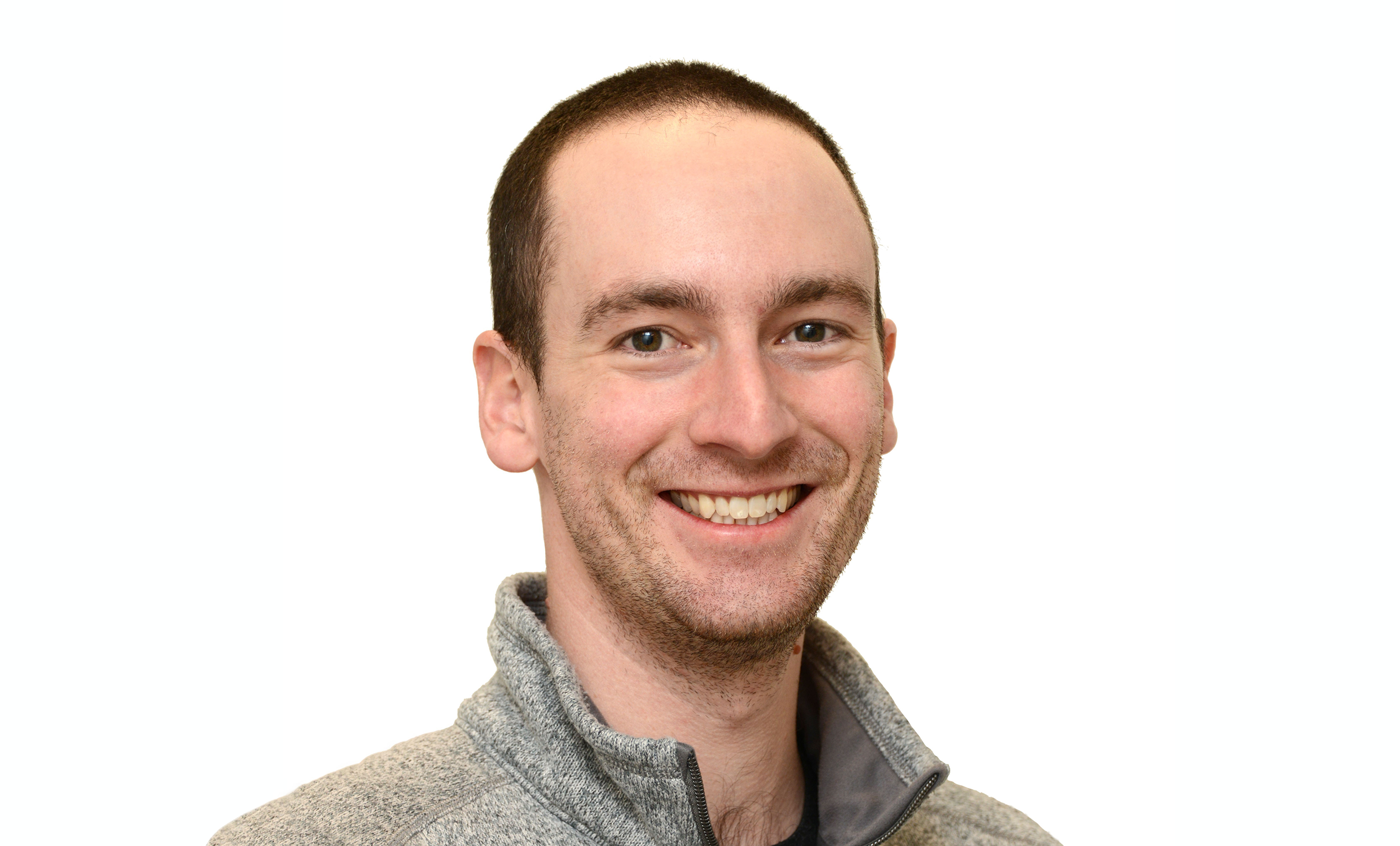
Dr. Will Cairncross joined Atom Computing in 2021 as a senior quantum engineer and works in our Boulder, Colorado research and development facility where he is helping to build our next-generation atomic array quantum computers based on neutral atoms.
Will earned his doctorate in physics from the University of Colorado-Boulder and worked on various technical projects before moving into quantum computing. We sat down with Will to talk about his role at Atom Computing, what a senior quantum engineer does, and how he got into this field.
Tell us about your role as a senior quantum engineer at Atom Computing. What does the job entail? What projects are you working on?
A senior quantum engineer is what you would call an “individual contributor” role. On a technical level, it is probably a lot like being an engineer in other areas of industry, or like being a postdoc in the sciences. I do a lot of solo and team work on design and development of our quantum computing machines. Specifically, in the past year and a half I’ve done some theoretical atomic physics calculations, designed a lot of high-numerical-aperture optical systems for trapping and manipulating neutral atoms with light, and written a fair amount of software for controlling optical devices -- for example Liquid Crystal Spatial Light Modulators or SLMs, which we use to shape light beams into arrays of optical tweezers for trapping atoms.
What is the most challenging part about building a next-generation quantum computer?
It’s both a joy and a challenge. The most challenging aspects are the technical requirements of the machine itself. Quantum computers are amazingly complex machines, and from an engineering perspective, I feel lucky to get to work on them. It’s amazingly satisfying to be able to check big milestones off of our technical to-do list, and fortunately we’ve been able to do that a lot lately.
Why did you join Atom Computing? What excites you most about working here?
I joined Atom because I wanted to work in an environment of smart, hardworking, friendly people who feed off of each other's excitement and energy. Luckily for me, that really is true here at Atom. Every time I turn my head, it seems like someone on the engineering team has come up with a brilliant solution to a difficult problem. I also really get a kick out of building a machine that runs smoothly and performs well, which is not really the goal in my background in academic science.
There are a handful of companies developing atomic array quantum computing hardware systems. What differentiates or separates Atom Computing’s hardware technology from others?
Well frankly, they are all a little bit secretive, so it’s hard to say in any detail. Of course, it’s well known that most other companies are using alkali atoms such as Rubidium and Cesium. We’re using alkaline-earths, which provides us with a different and perhaps more diverse set of atomic physics tools to work with. We also have the amazing benefit of having incredibly talented in-house firmware engineers, who are designing and building an incredibly powerful and scalable control system. This really allows the physicists to focus on their main skill set and move the project forward quickly. I think both the scale and ambition of our effort is unmatched, however that might just be my competitiveness talking.
How did you get into quantum computing? What do you enjoy most about working in this field?
Initially, I was looking for the team environment and a challenging technical project. My previous technical experience didn’t include much quantum computing, but I consider myself a strong all-around physicist, so I wasn’t afraid of the challenge. As I gain more experience in this field, I’m really enjoying the fact that while there is a solid body of literature, there is still a lot left to be figured out when it comes to building a useful machine. It’s not the wild west but it’s also not cut-and-dried. There’s a lot of room for creativity!
What advice do you have for people who want to work as quantum engineers?
Just apply 🙂. There is so much work to be done and never enough hands to do it. And most of it is really cool.